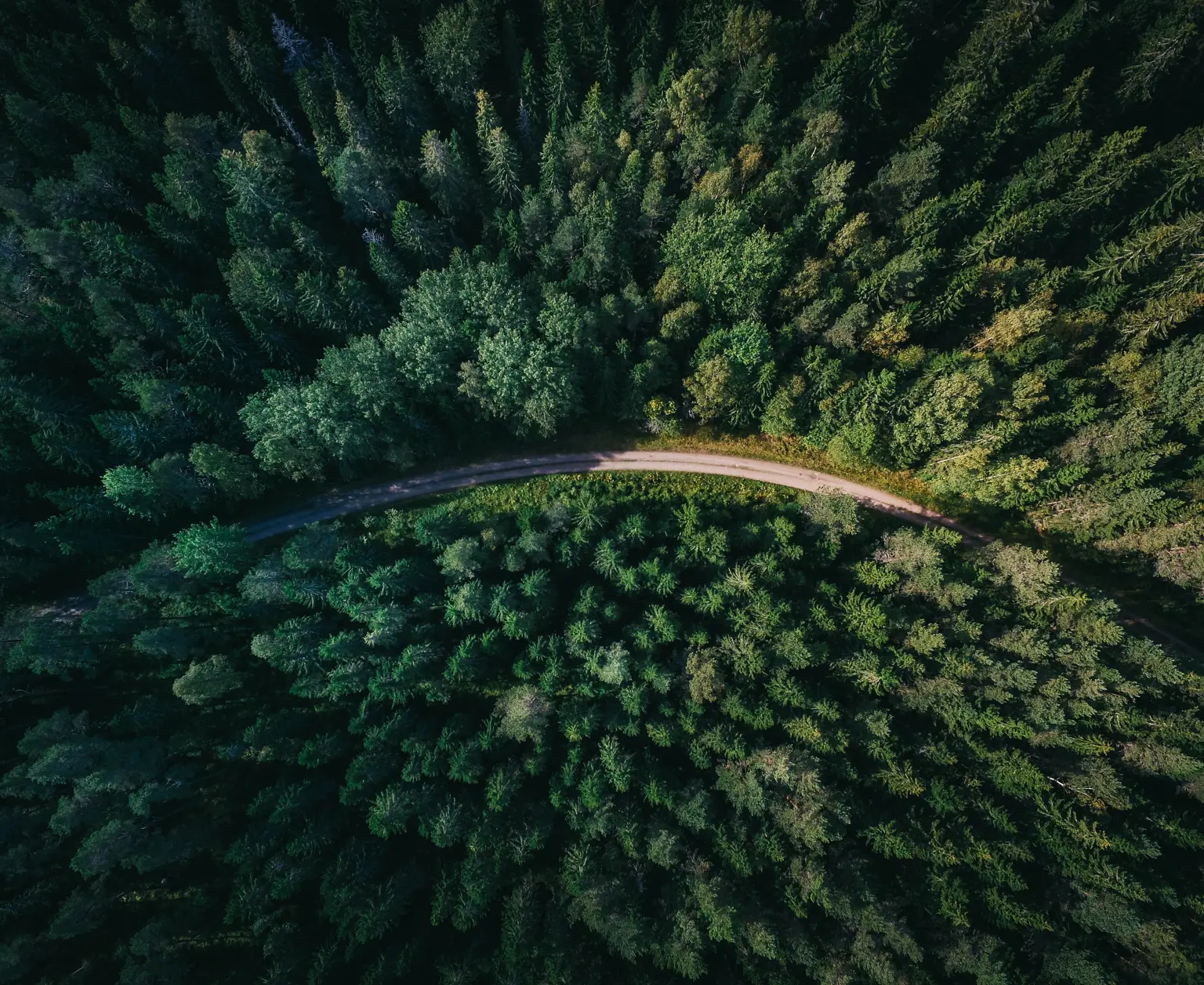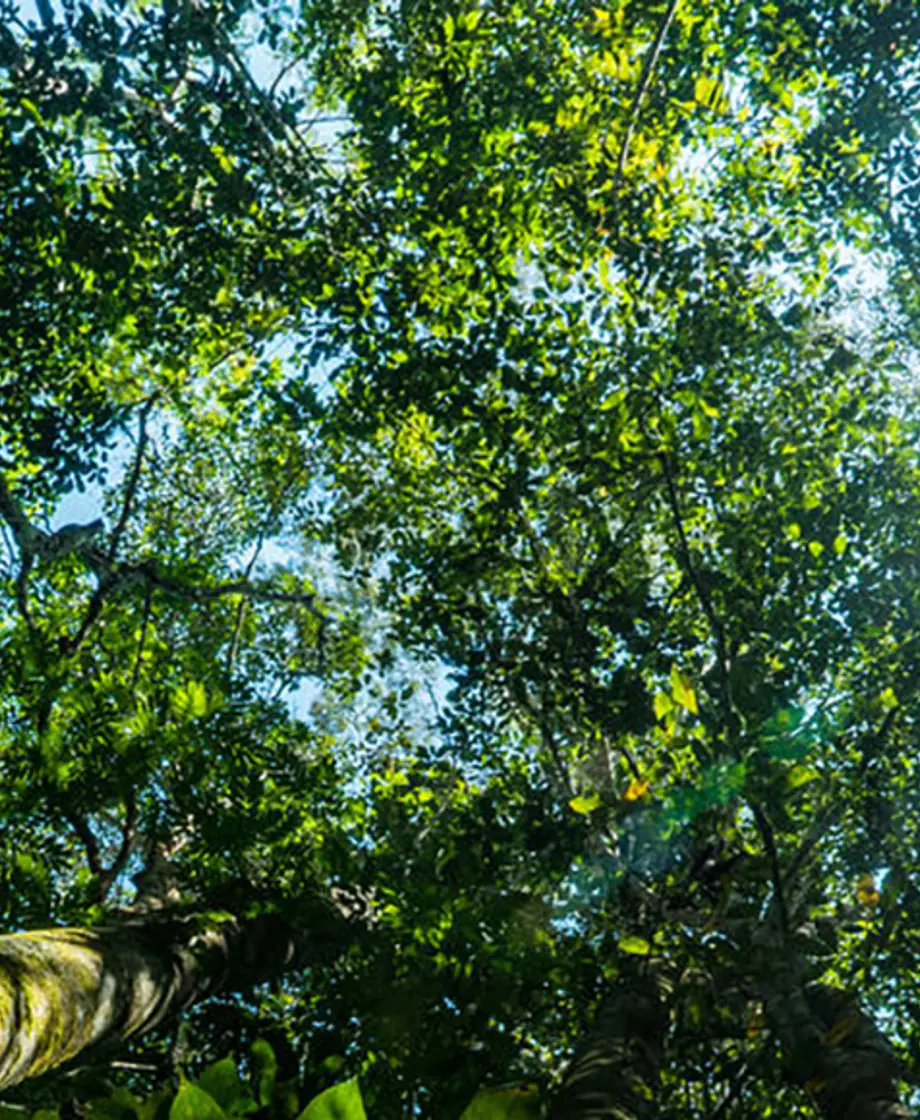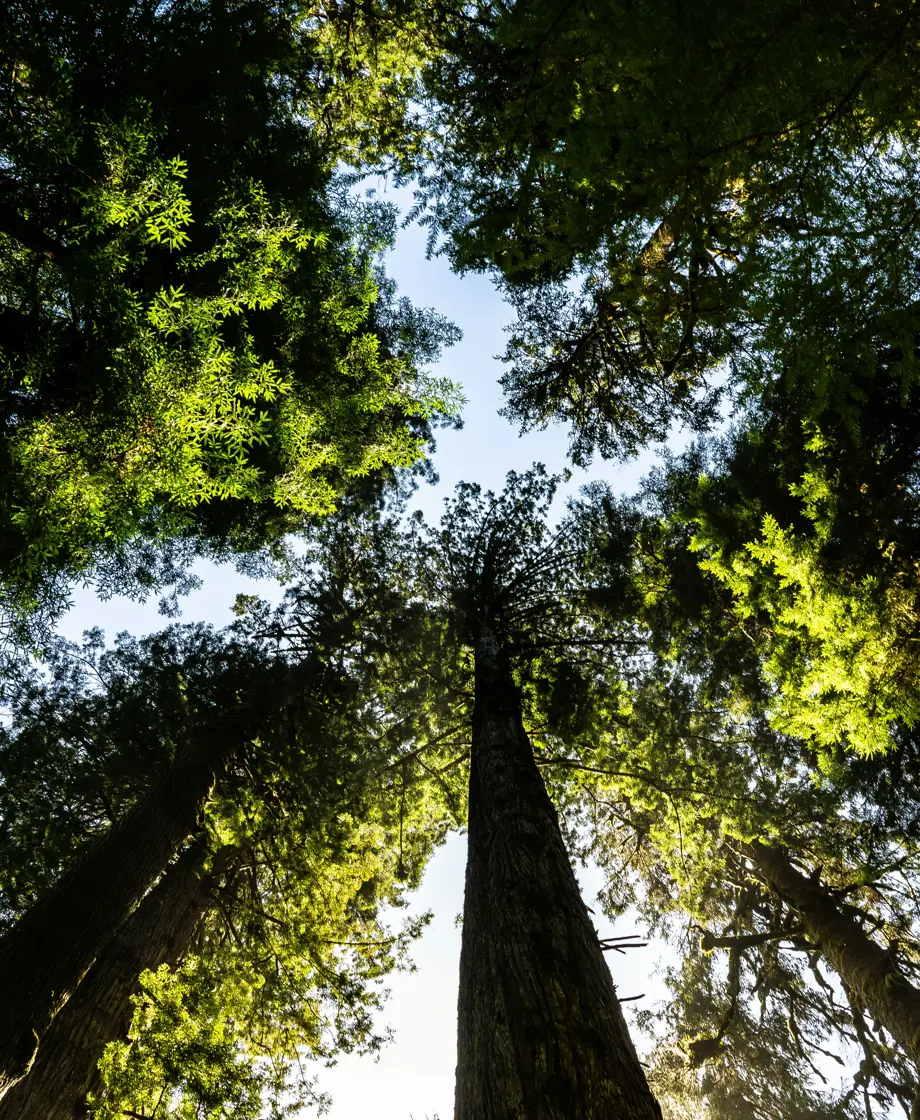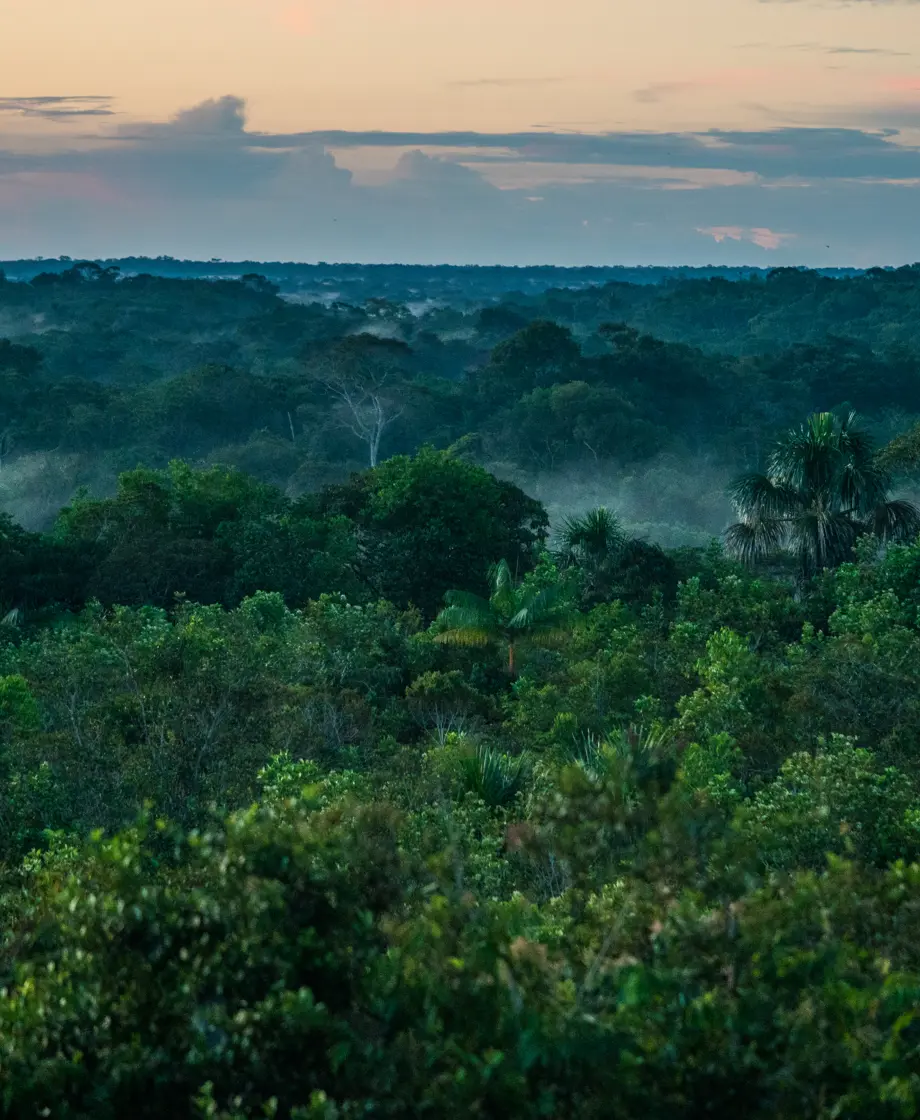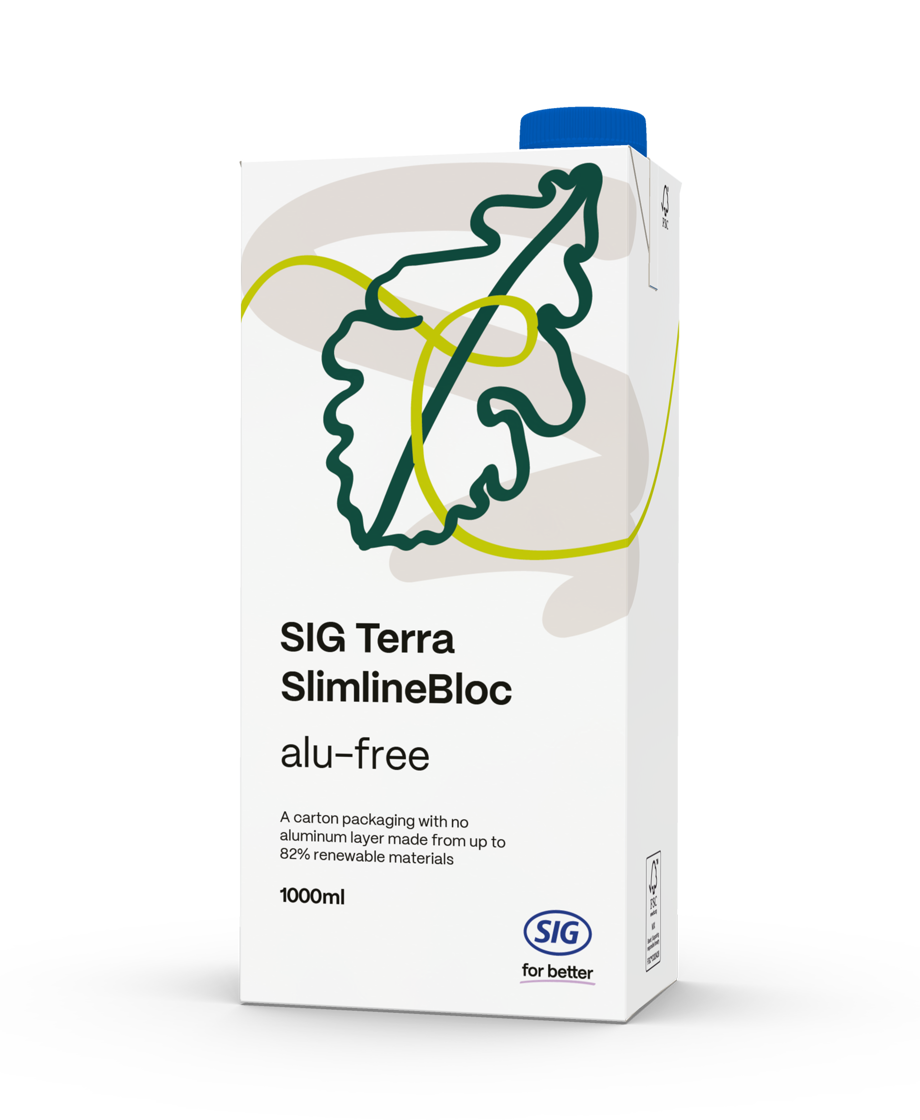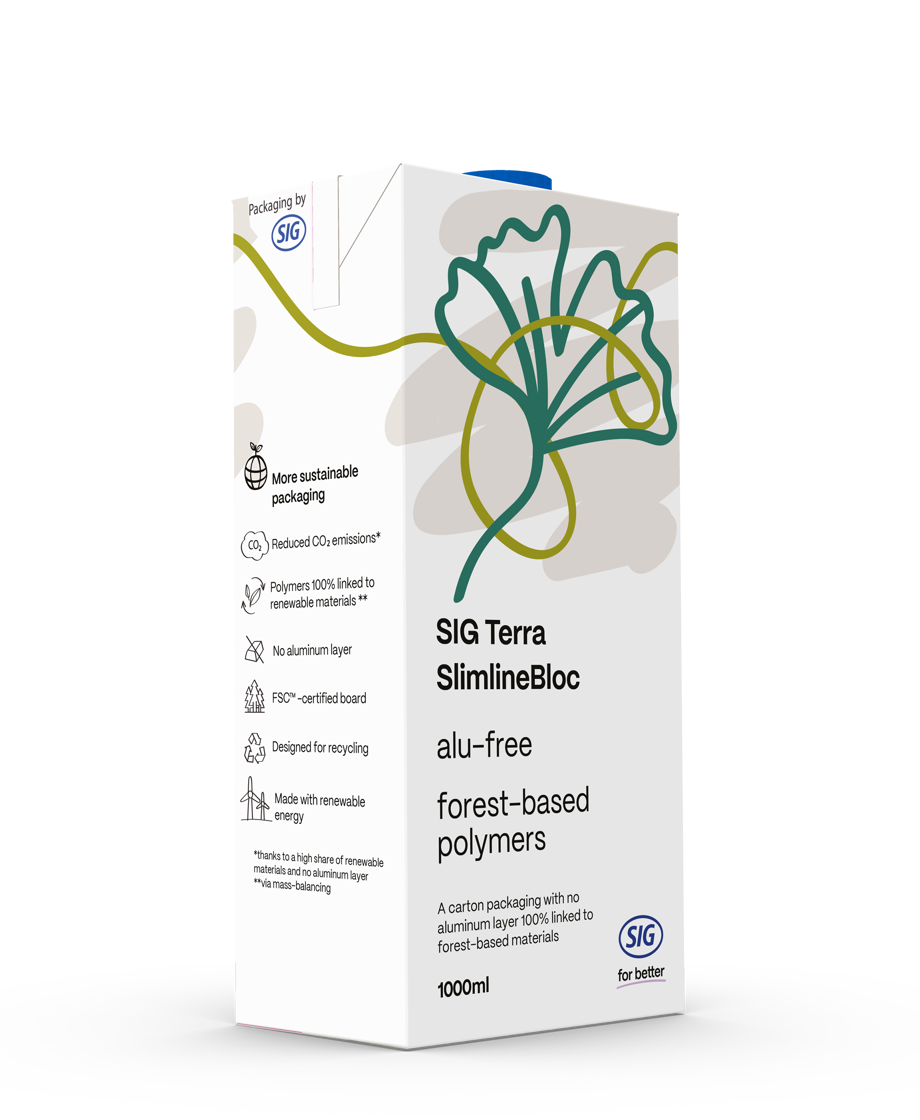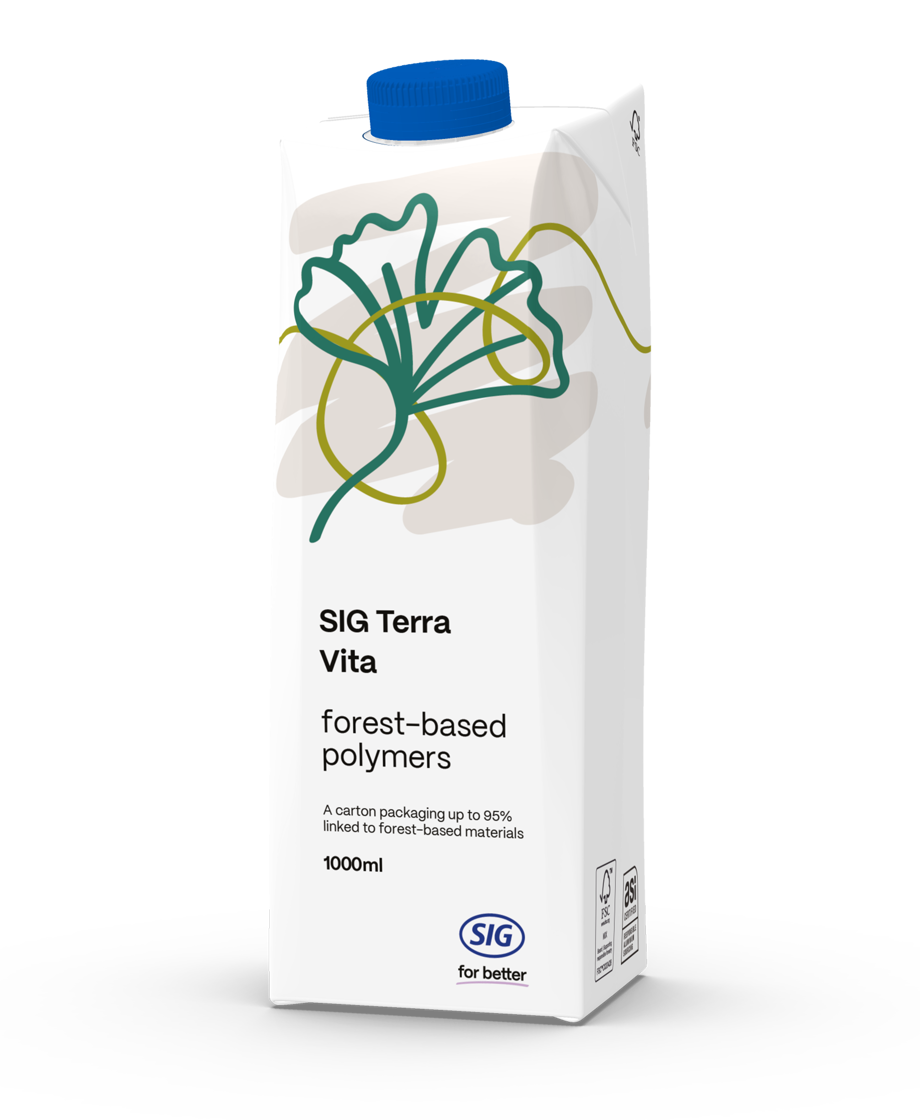Forests are essential to life on earth and to our business. They are home to 80% of all land-based plants and animals and help tackle global warming by absorbing greenhouse gases as they grow. Wood fibers are used to produce the liquid packaging board for our cartons, as well as the polymers used to link some of our SIG Terra solutions to up to 100% renewable materials.
We protect the sustainable forests we source from by purchasing 100% of the paperboard we use in our cartons with FSC™ certification (FSC™ trademark licence code: FSC™ C020428).
On top of this, we will create, restore, protect, or improve management of an additional 650,000 hectares of thriving forest by 2030 – the forest area needed to sustainably provide the wood for all cartons we produced in 2020.
We do this to take action against deforestation and forest destruction, which drives biodiversity loss and global warming.
Our forest positive projects aim to drive a long-term change and to provide an added value for our customers who can join us in different ways.
Our commitment: Create more thriving forests than it takes to make our products
Our company-level goal: Maintain 100% of the forest area we source from and support the creation, restoration, protection, or improved management of an additional 650,000 hectares of thriving forest by 2030.
Not only will we protect 100% of the sustainable forests we source from, but by 2030 we will create, restore, protect, or improve management of an additional 100% of biodiverse and sustainable forest area on top of that required to make our cartons (in 2020). That is 650,000 additional hectares of thriving forest — an area about the size of Bali.
We can’t do it alone and we want to do it in a robust way. We need trusted, reputable partners with the right expertise. That’s why we’re partnering with credible NGOs like WWF to make this happen.
How will we do this?
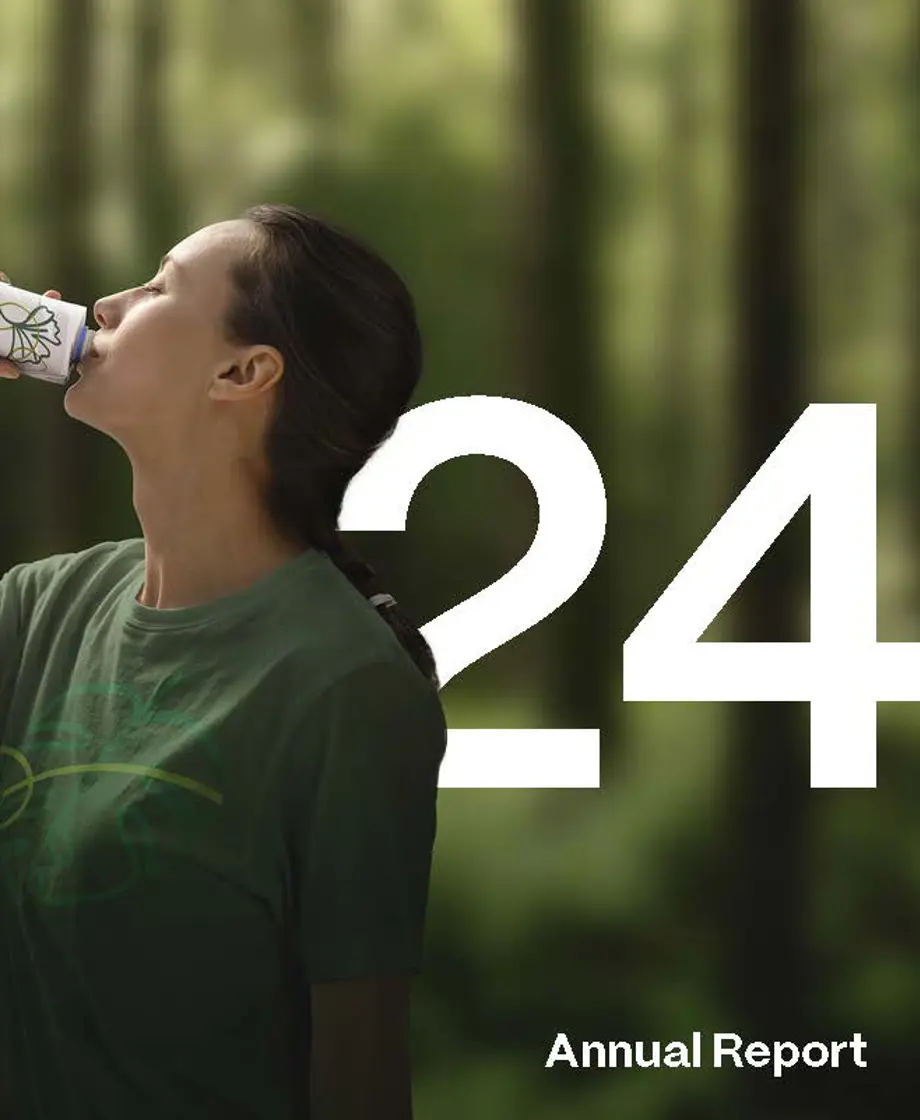
Latest annual and CR report
Full detail of our approach and progress can be found in our combined Annual and CR Report.
How did we calculate our 650,000-hectare target?
We looked at how much paperboard (LPB = liquid packaging board) we need per year: In 2020, we used 400,000 tons of paperboard to make our cartons.
Next, we calculated the volume of wood needed to make 400,000 tons of paperboard: On average it takes 5m³ of wood to produce 1 ton of paperboard. To produce 400,000 tons of paperboard it takes 2 million m³ of wood.
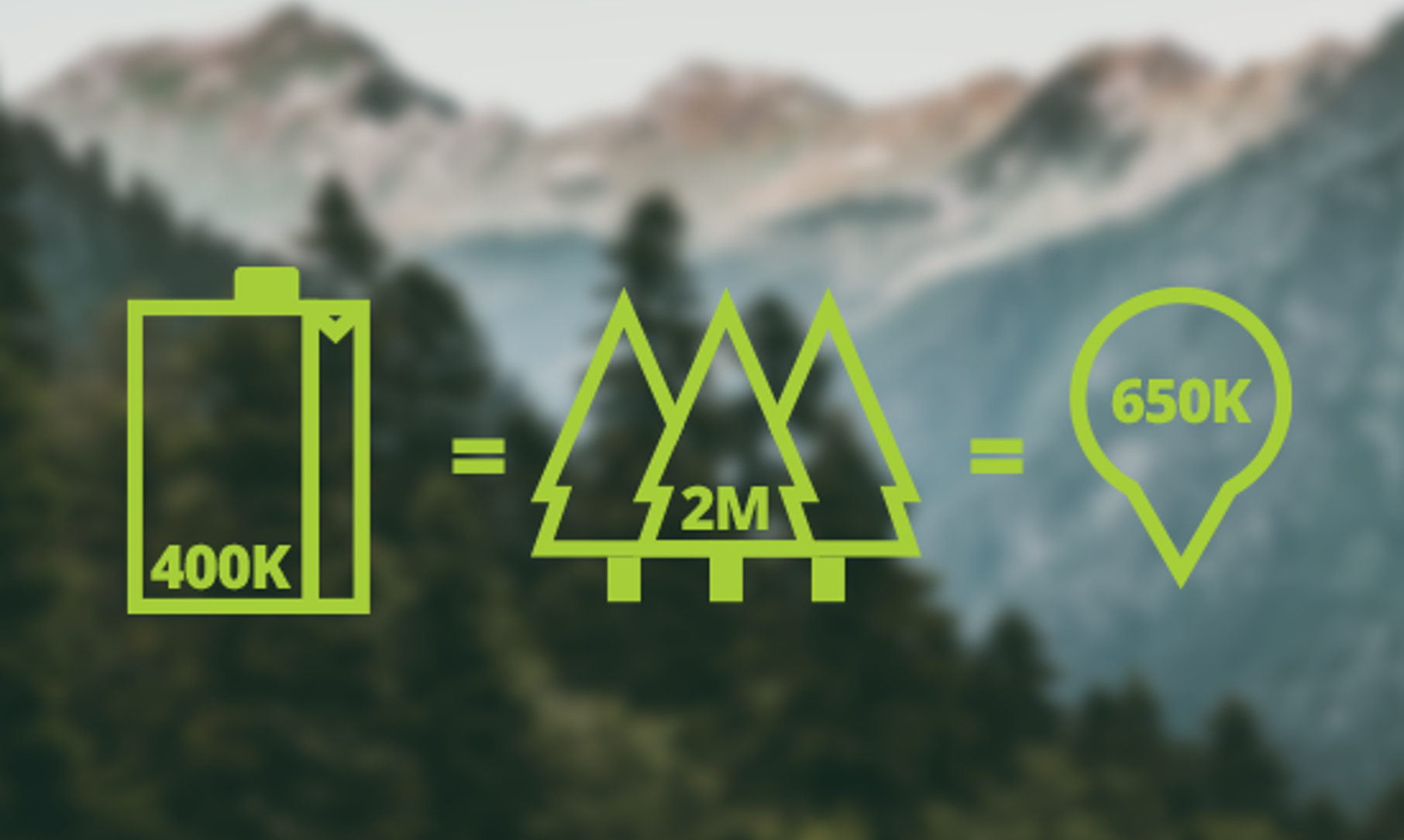
Finally, we calculated the forest area needed to harvest a yearly volume of 2 million m3 of wood in a sustainable way that ensures zero-deforestation and 100% preservation of the overall forest area:
- We took a conservative approach by using Swedish FSC™-certified forest (where SIG’s LPB suppliers mainly source from) as the basis of our calculation where for 1 hectare of forest on average about 3m3 of wood is harvested per year.
- This means that it needs 650,000 hectares of responsibly managed forest to harvest 2 million m3 of wood each year in a sustainable way.
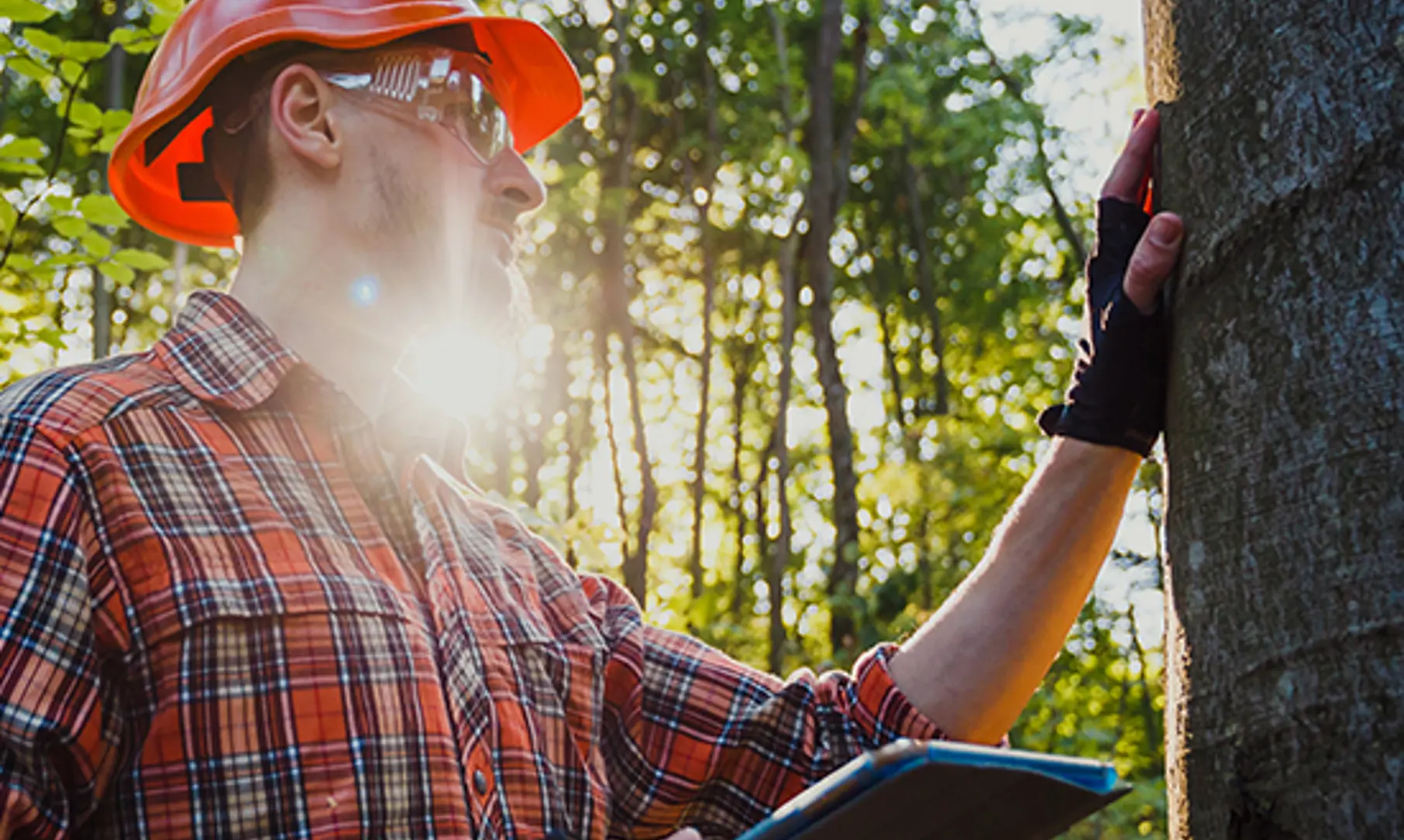

Protecting biodiversity
We’re committed to protecting biodiversity through all our four interconnected action areas.
Our commitment: 100% FSC™-certified supply of liquid packaging board for our packs
Our product-level goal: Continue to ensure all our cartons can carry the FSC™ label and help our customers effectively communicate about it.
We have led the industry in adopting and promoting FSC™ certification for aseptic cartons. We were the first aseptic carton producer to:
- Achieve FSC™ Chain of Custody certification at all our own operations, in 2009.
- Enable all customers to put the FSC™ label on any of our aseptic carton packs, in 2016.
- Purchase 100% of the liquid packaging board procured to produce our aseptic cartons with FSC™ certification, since January 2021.
FSC™ certification enables the liquid packaging board we procure for our packs to be traced through the supply chain to sustainably managed forests. That means we ensure only acceptable and certified wood sources are used, so our packs are helping to keep existing forests thriving. It also gives consumers peace of mind that the products they are buying do not negatively impact forests. The certification focuses not only on preventing deforestation and degradation, but also respecting the rights of workers, local communities, and indigenous people. FSC™'s rigorous standards for responsible forest management require forest managers to maintain the continued existence of naturally occurring native species and genotypes, and prevent losses of biological diversity, particularly through habitat management in the forest.

